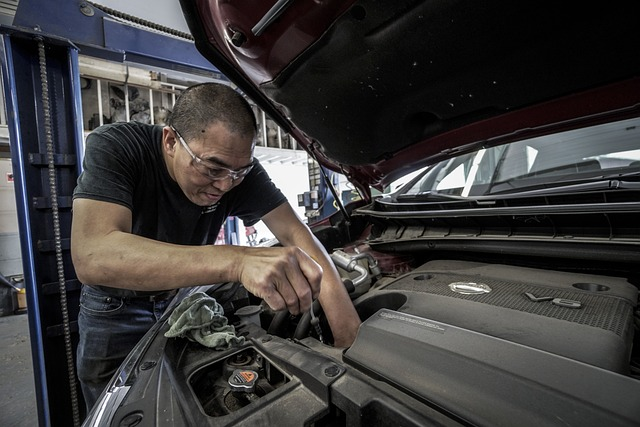
Have you ever thought about doing your own oil change but were too scared to try? Well, if you’re considering it, think again! Do-it-yourself oil changes are a nightmare waiting to happen. You could end up with an engine full of sludge or worse, a completely ruined car. So don’t even bother trying – here’s why you shouldn’t do your own oil change!
Click here to schedule service & browse parts in Franklin, TN.
What Is An Oil Change?
An oil change is an important part of a vehicle’s maintenance routine. It involves draining the motor oil from the engine, replacing it with new oil, and replacing the oil filter. This process helps to keep the engine running smoothly and efficiently by removing dirt and debris that can build up over time. It also helps to extend the life of your vehicle’s engine.
Performing regular oil changes can help prevent major damage to your vehicle in the long run which could end up costing you more money than if you had just invested in an oil change service in the first place.
Click here to view service specials in Franklin, TN.
The Benefits Of Professional Service
Knowing what an oil change is and why it’s important will help you make a decision about whether to do it yourself or take your car to a professional.
Click here to schedule your next oil change service in Franklin, TN.
Why You Should Let A Professional ChangeYour Oil?
When you get an oil change done by a professional, they use the right type of oil for your specific engine. This can be anything from conventional to synthetic oil, or even full synthetic oil. Not only that, but they use the correct amount of oil as well. It is also important to note that professionals are trained in car care, so they know exactly what needs to be done when getting an oil changed.
The other benefit of taking your car in for a professional oil change is that you reduce the risk of engine damage. While changing your own oil may seem like a simple task, there are many mistakes that can be made if you don’t have experience with this kind of work. Professionals know how to properly drain used oil and replace it with new, clean oil without damaging any parts of the vehicle in the process.
Click here to learn more about express maintenance.
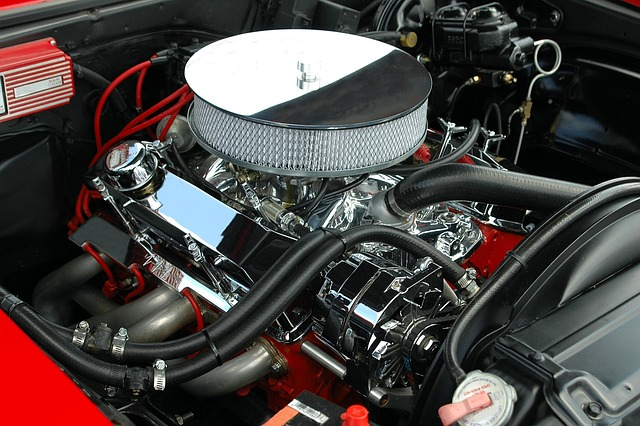
Complications Of Poor Maintenance
It’s estimated that up to 80% of cars on the road today have had their oil changed at least once in their lifetime. But doing it yourself can be a risky proposition. When it comes to oil changes, there are several potential complications if you don’t do them correctly.
What Happens If You Mess Up An Oil Change?
First, neglecting regular oil changes can lead to accelerated wear and tear on other parts of your vehicle. High mileage, driving style, and even auto detailing can all contribute to the degradation of engine performance over time.
In addition, not changing your oil as recommended can lead to sludge build-up and clogged filters which reduce fuel efficiency and cause further damage to your engine.
Finally, incorrect installation or maintenance of oil filter components can lead to oil leaks which could cause serious damage to your car’s engine.
Click here to learn more about oil change services.
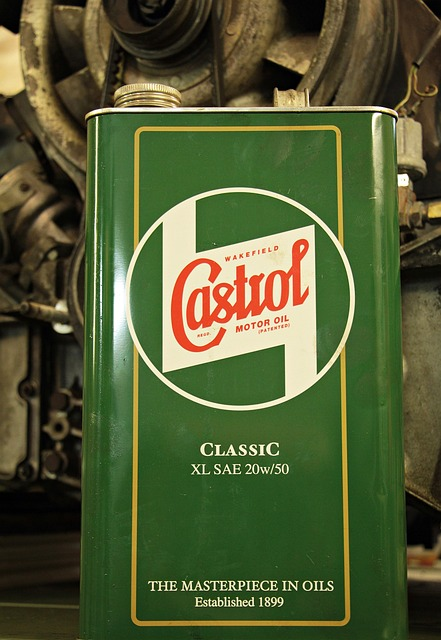
Potential Hazards Of DIY Oil Changes
It is important to be aware of the potential hazards of a DIY oil change. Many people are unaware that there are risks associated with this type of maintenance, and if not properly followed, can have severe consequences. It is important to understand the risks before attempting to handle an oil change on your own.
Click here to schedule service & browse parts in Franklin, TN.
What Are The Dangers Of DIY Oil Changes?
One major hazard when it comes to a DIY oil change is improperly disposing of old oil. This can lead to environmental contamination if not disposed of properly, as well as potentially costly fines depending on local regulations.
Improper disposal of used oil can also create a fire hazard if done incorrectly. Additionally, it is essential to be aware of what type of oil you’re using for the job. A synthetic blend or conventional motor oil may require different tools for installation and may need different steps for a successful oil change in mild conditions.
Finally, without proper safety equipment and procedures in place, there is also potential for injury or damage to the vehicle itself when doing your own oil change.
Without knowing how to properly perform an oil change and using the right tools for the job, one could end up causing costly damage or even worse injures. Therefore, it is imperative that all necessary information has been researched prior to attempting a DIY oil change.
Click here to view service specials in Franklin, TN.

Necessary Tools And Materials
When it comes to doing an oil change, there are certain materials and tools that you need in order to do the job safely and correctly. After all, you don’t want to be stuck halfway through the job without the right supplies. Here is a list of what you need:
Oil filter wrench
Drain pan
New oil filter
Motor oil
Having all these materials on hand will make sure that your do-it-yourself oil change goes smoothly and successfully. Without them, you may run into costly problems down the road as a result of not doing it properly or not having convenient access to necessary items when needed. So make sure you have everything ready before beginning this project!
Click here to schedule your next oil change service in Franklin, TN.
Disposing Of Used Oil Properly
When it comes to disposing of used oil, it’s important to do it properly. If you don’t, you can end up causing environmental damage and even risk fines or legal action. Fortunately, there are safe and proper ways for disposing of used oil.
One option is to take your used oil to a facility that specializes in recycling and disposing of hazardous materials. These facilities have the necessary safety protocols in place to properly manage the disposal process. It’s also important to ensure that you bring the right type of container with you, such as a secure plastic jug or metal drum with a tightly sealed lid. This will help prevent any spills from occurring while transporting the oil.
Another option is to look for local drop-off centers where you can safely dispose of your used oil. These centers are typically operated by government agencies or nonprofit organizations, and they provide an easy way for individuals to get rid of their used oil without having to transport it themselves.
Whichever method you choose, make sure that you follow all applicable laws and regulations when disposing of your used oil and always practice safety first!
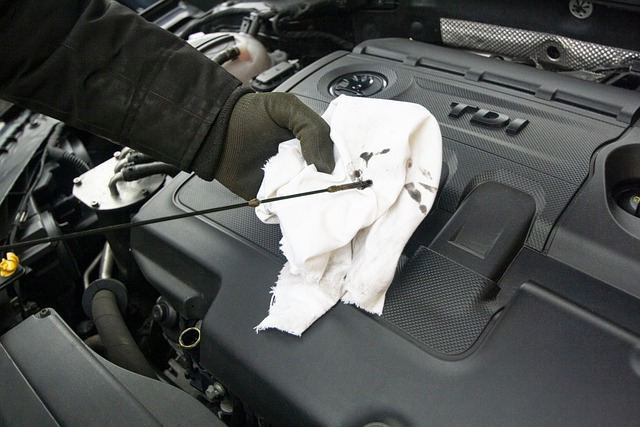
Difference Between Synthetic And Regular Motor Oils
You may be wondering why you should not do your own oil change. After all, it can seem like a great way to save money. But when it comes to motor oil, there are crucial differences between synthetic and regular motor oils that you should be aware of before attempting an oil change on your own.
Synthetic Oil:
Synthetic Oil is man-made product that has been chemically engineered in a lab. It’s designed to provide superior lubrication, cooling, and cleaning properties compared to regular motor oils. This means that synthetic oil will last longer than regular motor oils and provides more protection for the engine of your vehicle.
Regular Oil:
On the other hand, regular motor oils are made from crude oil and tend to break down faster than synthetic oils. They also don’t offer as much protection for your engine and require more frequent changes.
Difference between Regular And Synthetic Oils:
The cost of synthetic oil is also significantly higher than the price of regular motor oil, so if you’re looking for the most cost-effective option for an oil change, then regular motor oils may be a better choice for you. However, if you want the highest level of protection for your engine and want an oil that will last longer without needing frequent changes, then synthetic oil may be the best choice for you.
Click here to learn more about oil change services.
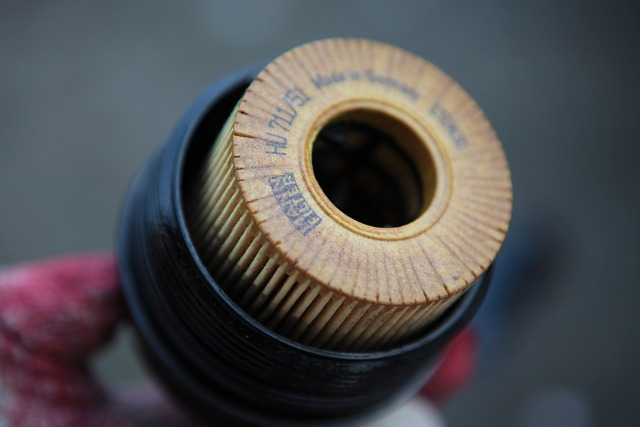
Inspecting And Replacing Filters
Having learned about the differences between synthetic and regular motor oils, it’s now time to inspect and replace filters. This is a crucial part of any oil change and cannot be overlooked.
When inspecting the oil filter, look for signs of corrosion or leaks. If the filter looks damaged in any way, it should be replaced immediately. The same goes for a fuel filter if your car has one; check for any signs of wear and tear before replacing. Finally, if you notice that your air filter is excessively dirty or clogged, then it should also be replaced.
Replacing filters correctly is key to avoiding costly repairs down the line. Not only does this ensure clean oil is being used in your engine, but also that your car is running as efficiently as possible. For these reasons, it’s best to leave oil changes to expert mechanics who have the experience and knowledge needed to do the job properly.
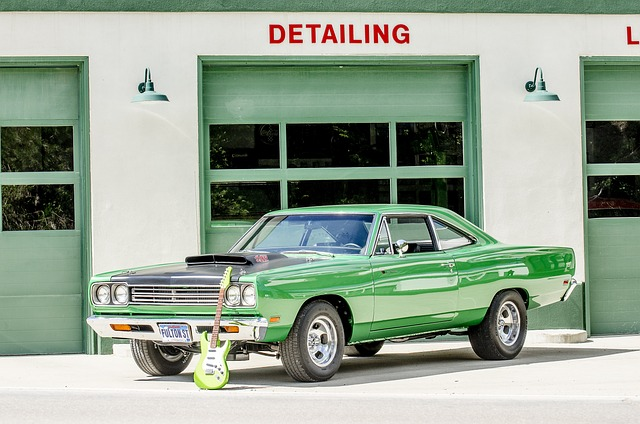
Refilling Fluids And Lubricants
Refilling fluids and lubricants is an essential, yet dangerous part of completing an oil change. It can be a seemingly simple task that turns out to be anything but.
To begin with, you need to know what type of fluid or lubricant your car needs in order to perform optimally. Different types of vehicles require different types of products; therefore it’s absolutely crucial that you use the correct one for your specific model or else major damage could occur.
You must ensure that the fluid or lubricant is full before starting the engine again – if not, it could cause irreparable harm to your vehicle’s system.
Finally, refilling fluids and lubricants is not something to forget or take lightly. A single mistake can lead to hundreds or thousands of dollars in repairs down the road – so why risk it?
Checking For Leaks After Installation
Now that you have refilled the fluids and lubricants, it is important to check for any potential leaks after installation. Doing your own oil change can be a daunting task and there are several reasons why you should not do it yourself.
You may not have the right tools or equipment needed to do the job correctly.
You may not know exactly how much oil is required or how to properly install a new filter.
You may make a mistake that could cause further damage to the engine.
It is essential that all steps of an oil change are done properly in order to ensure optimal performance of your vehicle’s engine. It is best to take your car to a professional mechanic who has the experience and knowledge necessary to perform an oil change safely and effectively.
A professional will also be able to identify any problems with your vehicle before they become serious, saving you time and money in the long run.
Benefits Of Professional Installation
The benefits of having a professional installation of your oil change are clear. Not only do you save time and money, but you also get the peace of mind that comes with knowing it was done right.
A professional oil change technician knows exactly what needs to be done to ensure your car is running properly, and they have the knowledge and experience to do it right. With their expertise, they can check for any potential problems before they become an issue. This not only saves you time and money in the long run, but it also ensures that your car is running at optimal performance—giving you peace of mind while on the road.
For those who don’t have the time or skill to do their own oil change, professional installation is a must.
Cost Comparison Between DIY And Professional Service
The initial cost of a DIY oil change is lower because you don’t have to pay for labor. But if you make a mistake or need to buy special tools, you could be looking at additional expenses. You also run the risk of voiding any warranty on your car if you make a mistake while trying to learn how to do an oil change yourself.
On the other hand, paying for a professional oil change can be more costly up front, but it may be worth it in the long run. Professional mechanics often use higher quality parts than what’s available in retail stores and they know exactly how to finish the job quickly and correctly. Plus, going with a professional helps ensure that your warranty stays intact and can help maintain the resale value of your vehicle.
In summary, when deciding whether or not to do your own oil change, consider all costs involved and weigh them against the advantages of having a professional do it for you.
When To Schedule A Professional Oil Change
For most cars, manufacturers recommend getting an oil change every 3,000 to 5,000 miles. However, depending on your individual vehicle’s needs, this number may vary. If you drive in extreme conditions or frequently transport heavy loads, you may need to get an oil change more often than every 5,000 miles. Additionally, if your car has been sitting idle for a long period of time or you’ve recently done extensive repairs on your vehicle, it’s recommended that you get an oil change much sooner than usual.
Conclusion
In conclusion, it is important to consider the risks and benefits of DIY oil changes versus professional service. While DIY oil changes can save you money in the short-term, they also come with a host of potential dangers.
On average, it takes professionals around 45 minutes to complete an oil change while DIYers can take up to two hours. Additionally, professional mechanics often have access to higher-quality materials and more tools than do-it-yourselfers.









